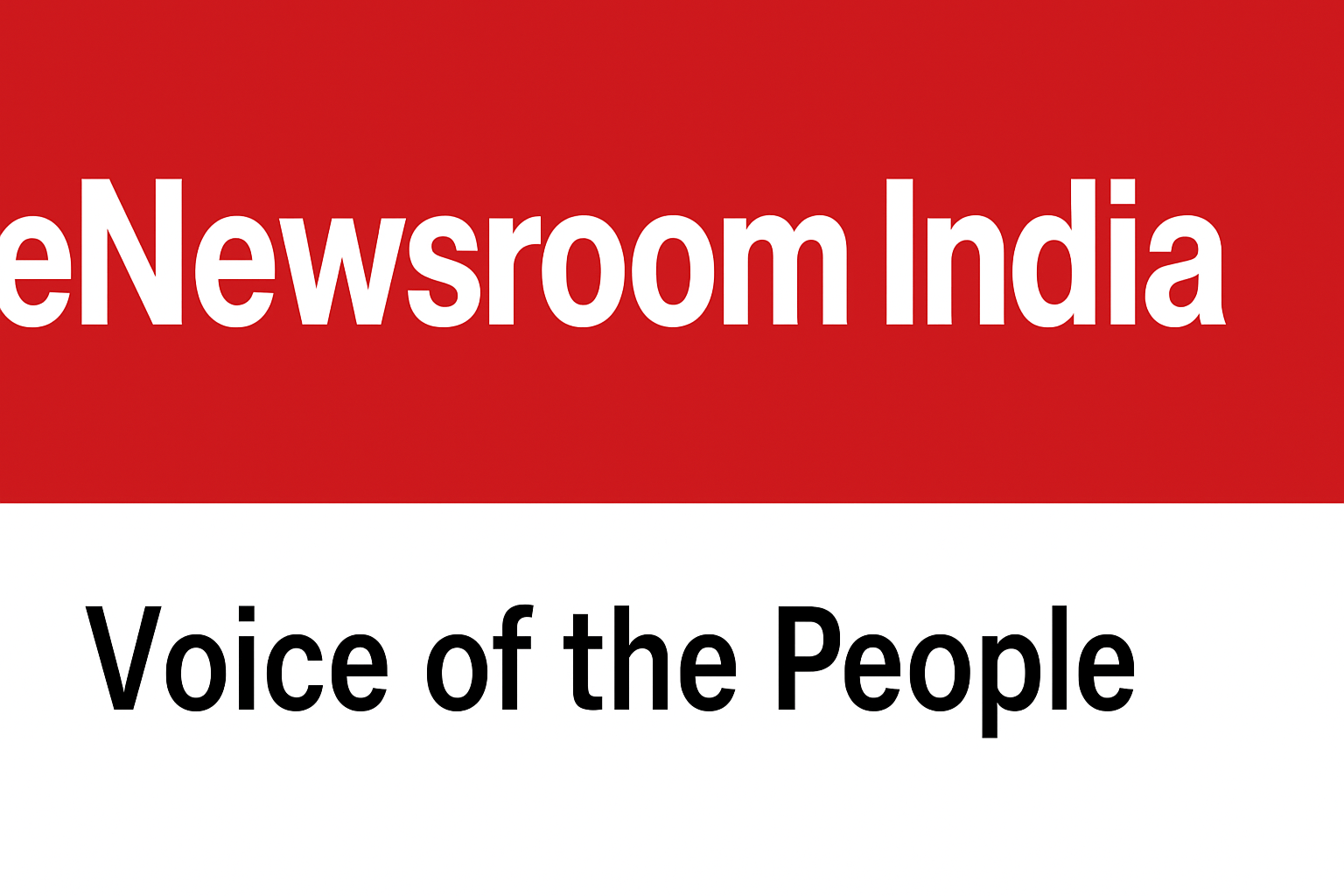New Delhi: One week after the deadly protests in Leh, the political firestorm surrounding the Ladakh violence has intensified. Rahul Gandhi and Mallikarjun Kharge continue to lambast Prime Minister Narendra Modi for a “betrayal” of Ladakhi citizens, while tensions on the ground and legal maneuvering have added new dimensions to the standoff.
Opposition Renewed: Gandhi and Kharge Amplify Charge of State Violence
Rahul Gandhi, currently in South America, posted a video on X featuring the anguished father of ex-serviceman Tsewang Tharchin, reiterating sharp criticism of the central government. “Father and son — both in the army — yet the BJP government shot and killed this brave son,” he said, demanding a judicial inquiry and “harshest punishment” for perpetrators. He urged Modi to “stop the politics of violence and fear.”
Congress president Mallikarjun Kharge echoed the sentiment, asserting that Ladakh’s grief is “the sorrow of the nation.” He contrasted the 2025 killing of a war veteran with the apparent “clean chit” extended to China after the 2020 Galwan clash, asking, “What respect will they show for the martyrdom of brave soldiers like Tsewang Tharchin?”
Key Developments Since the Firing
Magisterial Probe but Rejected by Ladakhi Leaders
The Ladakh administration has directed a magisterial (SDM-level) enquiry into the September 24 violence, with instructions to submit a report within four weeks. But both the Leh Apex Body (LAB) and Kargil Democratic Alliance (KDA) have rejected this, demanding that any probe be a judicial inquiry to ensure impartiality. They have suspended talks with New Delhi until detainees are freed and a credible investigation is guaranteed.
Partial Releases and Continued Detention of Wangchuk
In a gesture seen as de-escalatory, the government released 26 persons detained during the protests. Families and local leaders welcomed them in Leh, though activist Sonam Wangchuk remains in Jodhpur jail, held under the National Security Act (NSA).
On October 2, his wife Gitanjali J Angmo filed a Habeas Corpus petition in the Supreme Court, challenging his detention as arbitrary and unconstitutional. She raised questions about lack of access to him, his health, and the absence of clarity on the reasons for detention. The SC, currently on recess, is likely to convene on October 6 to hear the petition.
Ground Conditions & Local Response
Curfew restrictions and internet blackouts persist in Leh, though authorities have eased some curbs, allowing schools up to Class 8 to reopen.
Meanwhile, the LAB has formally declined further talks until normalcy is restored, citing “an atmosphere of fear and anger” across the region.
Narratives of National & Strategic Stakes
Analysts have flagged how unrest in Ladakh carries strategic as well as political risks. A Foreign Policy piece warned that sustained discontent in a border region may strain New Delhi’s broader push to project stability in the Himalayas.
The Ladakh administration, for its part, has defended the moves against Wangchuk and others, stating that actions were based on “credible inputs.”
Tsewang Tharchin, whose death intensified the backlash, was a war veteran of the Ladakh Scouts and community activist. He is survived by his family and was laid to rest under tight security on September 29 in Leh.
What’s at Stake Now
The political contest is no longer just about how the violence began but who bears ultimate responsibility. By framing that a war veteran was gunned down by the state, the Opposition is seeking to redefine the moral narrative.
If the government stops at a magisterial inquiry and holds onto Wangchuk and related detainees, it risks eroding its moral credibility in Ladakh. On the other hand, offering a judicial probe and releasing those held could be framed by BJP critics as succumbing to pressure, though many see it as essential for restoring trust.
Scheduled talks on October 6 now hang in balance. The LAB and KDA have made clear they will not reengage until their conditions — judicial inquiry, release of protesters, free communication with detainees — are met.
In the wider view, Ladakh’s discontent stems from deeper structural grievances: lack of local autonomy, ecological pressures, land rights, and underemployment. The government’s choices in the next few days will determine whether the crisis is defused or deepened into a prolonged political and strategic challenge.


